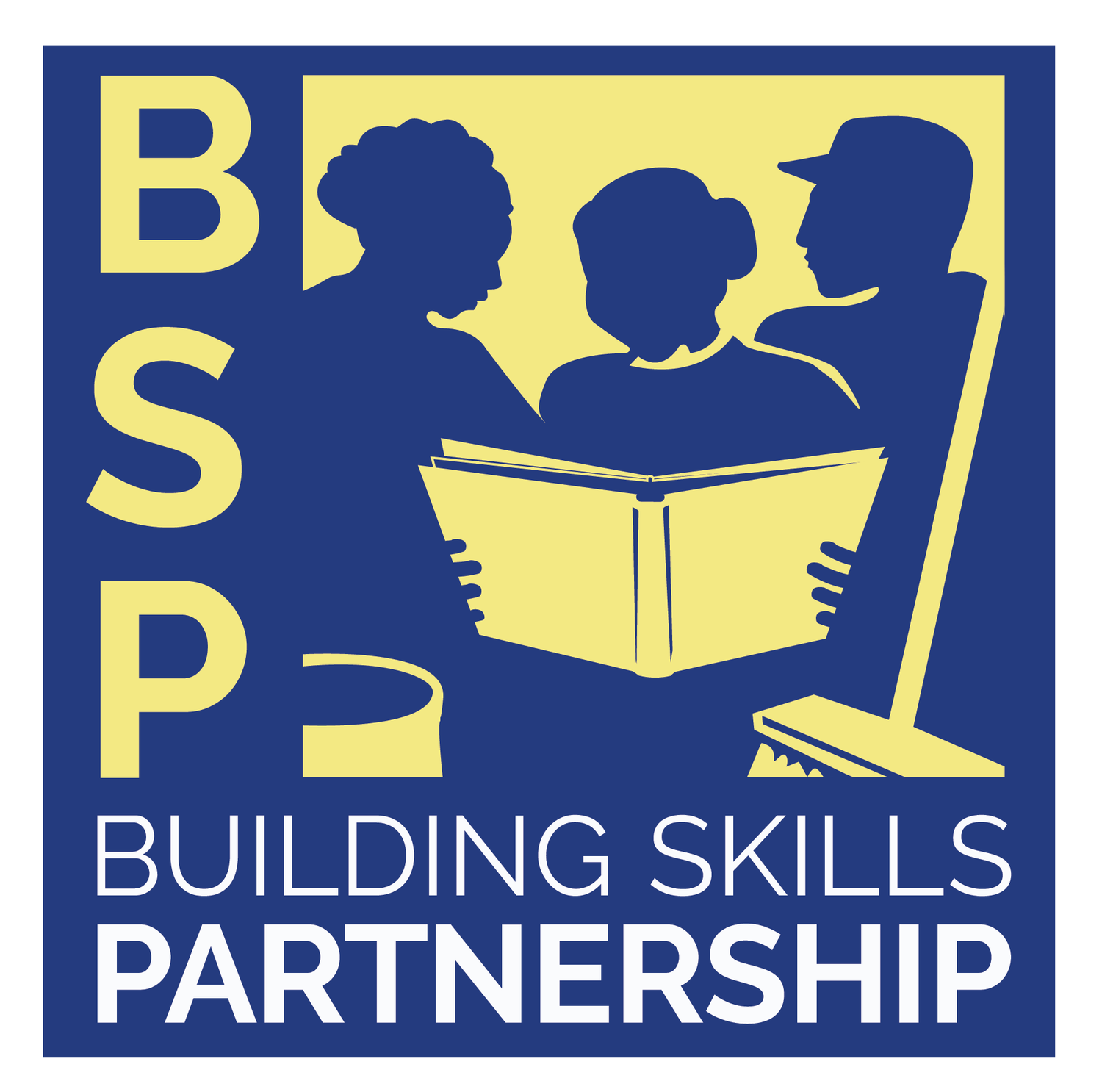Infectious Disease Training Is Necessary For Frontline Workers
Frontline, essential service workers have borne the burden of risky conditions since the beginning of the pandemic. Employed in low-wage industries, frontline workers such as janitors remain highly vulnerable to COVID-19 and now the contagious Delta variant. To address this, Building Skills Partnership, a California nonprofit organization, and key industry stakeholders have come together to digitally train frontline property service workers on proper cleaning and maintenance practices that protect their own health and that of building occupants while also facilitating vaccine access for janitorial workers across the state.
As businesses reopen and welcome back employees, Infectious Disease Training represents an innovative strategy to regain public confidence in health and safety measures in commercial and community spaces.
“It’s always a win when essential workers are part of workplace health and safety discussions and protocol. When employers and workers come together around creating standards, it helps keep working people, building tenants and customers as safe as possible,” said Mary Kay Henry, International President of the Service Employees International Union.
Building Skills Partnership’s Infectious Disease Certification Program provides janitors with the skills to respond to today’s public health crisis. The organization and union partner, SEIU-USWW, engaged experts at UCLA LOSH, UC Berkeley LOHP and The Ashkin Group - to create an intensive 12-hour curriculum covering modules in proper cleaning and disinfecting against deadly pathogens, the correct use of PPE, workplace ergonomics, and documenting new procedures during a pandemic.
The shift to online solutions due to the COVID-19 pandemic has increased the demand for digital skills from workers. Frontline workers without digital literacy and accessible training options risk falling behind and job loss. BSP is leveraging its expertise as a workforce development training provider to offer an impactful virtual learning experience for immigrant service workers who commonly face multiple barriers to accessing online learning opportunities.
In addition, BSP created a distance learning model for workers to attend live webinar sessions with BSP instructors, while practicing social distancing at their place of work. Instructors offer participants; most of whom are immigrants learning English as a second language, accurate information on the benefits of vaccination. Many immigrant and low-income communities have experienced a range of challenges in accessing the COVID-19 vaccine. These barriers include an inability to take paid time off for a vaccine appointment, lack of transportation, childcare demands, inadequate language materials, and misinformation, to name a few.
“Now more than ever, we must invest in worker training and labor-protection solutions that address public health, worker retention, and career mobility,” said David Huerta, President of the SEIU-United Service Workers West. “If we are to reduce the spread of COVID-19 in public buildings, we need a professionally trained janitorial workforce specialized in infectious disease prevention and who are able to adapt to our transition to online learning environments”.
Policy makers and local agencies can learn from the high-road partnership model that entails close collaboration between responsible employers and unions to ensure that high-quality cleaning meets state standards and prevents infectious disease outbreaks. Currently, the BSP Infectious Disease program is gaining increasing demand from employers, property owners, and workers alike who understand the need for the upskilling of essential workers who maintain our public spaces.
“The need for more training opportunities in the janitorial and low-wage industries is especially pressing right now, as cleaning workers shoulder the burden of preventing the spread of COVID-19 and Delta variant,” said Luis Sandoval, Executive Director of Building Skills Partnership.
Now more than ever, businesses must recognize the essential role property service workers play to minimize the spread of infectious diseases and ensure safe reentry into community buildings.
BSP programs are designed to develop high-road industry-driven partnerships that provide equity, sustainability, and job quality through skills strategies designed to support economically and resilient communities. BSP programs include infectious disease certification, environmentally sustainable cleaning program, financial capabilities courses, English as a second language (ESL), digital literacy, citizenship & civic engagement, health and wellness, and parenting engagement programming.
BSP’s high-road programs are part of the California Workforce Development Board’s High Road Training Partnership, which is funded through California Climate Investments, a statewide initiative that puts billions of Cap-and-Trade dollars to work reducing greenhouse gas emissions, strengthening the economy, and improving public health, and the environment — particularly in disadvantaged communities.




